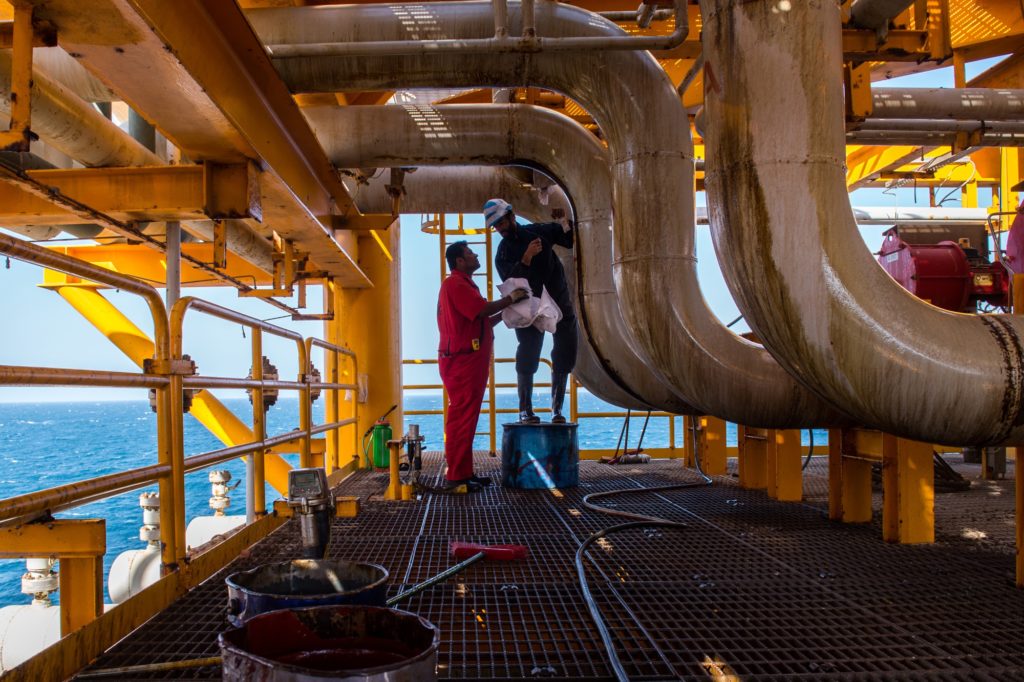
Gazprom signed a deal in July to help National Iranian Oil Co. (NIOC) develop Iranian projects, but Rystad Energy has warned Russia lacks the required metallurgical supplies.
Russia and Iran both face sanctions on their energy industries. As a result, no European or Japanese supplies can provide OCTG or steel goods to either country.
Rystad predicted that Russian suppliers would need “considerable time and investment” to be able to deliver high-alloy grades.
“There would, therefore, appear to be limited scope for quick development of these major offshore sour gas fields until sanctions are lifted,” the consultancy said.
Gazprom signed the $40 billion deal with NIOC on the development of the Kish and North Pars fields, in addition to pressure enhancements at South Pars. It also covers the development of six oilfields.
“The corrosive nature of Iranian oil and gas reserves requires high-grade piping for extraction, which neither Russia or Iran have the capacity or capability to produce in the short term,” Rystad senior vice president of analysis James Ley said.
High grade
Rystad said Iran would need CRA and Super 13Cr tubing. North and South Pars, for instance, have a high concentration of sour gas. As such, they require high grades of nickel alloy.
China is a potential supplier. However, Ley said Chinese piping had “reportedly suffered from leakages and other issues”.
Russia’s TMK has produced some CRA grade tubing in the past, but required steel billets from Europe to process.
“No Russian steelmaker currently has the capacity and capability to supply these high-grade steel billets to Russian pipe manufacturers,” the consultancy said. It may take years to develop Russia’s industry to be able to supply these.
“With Iran’s offshore gas fields needing relatively high volumes of these super-specialised grades, it is difficult to see how Gazprom can provide any well assistance to develop these fields quickly.”

